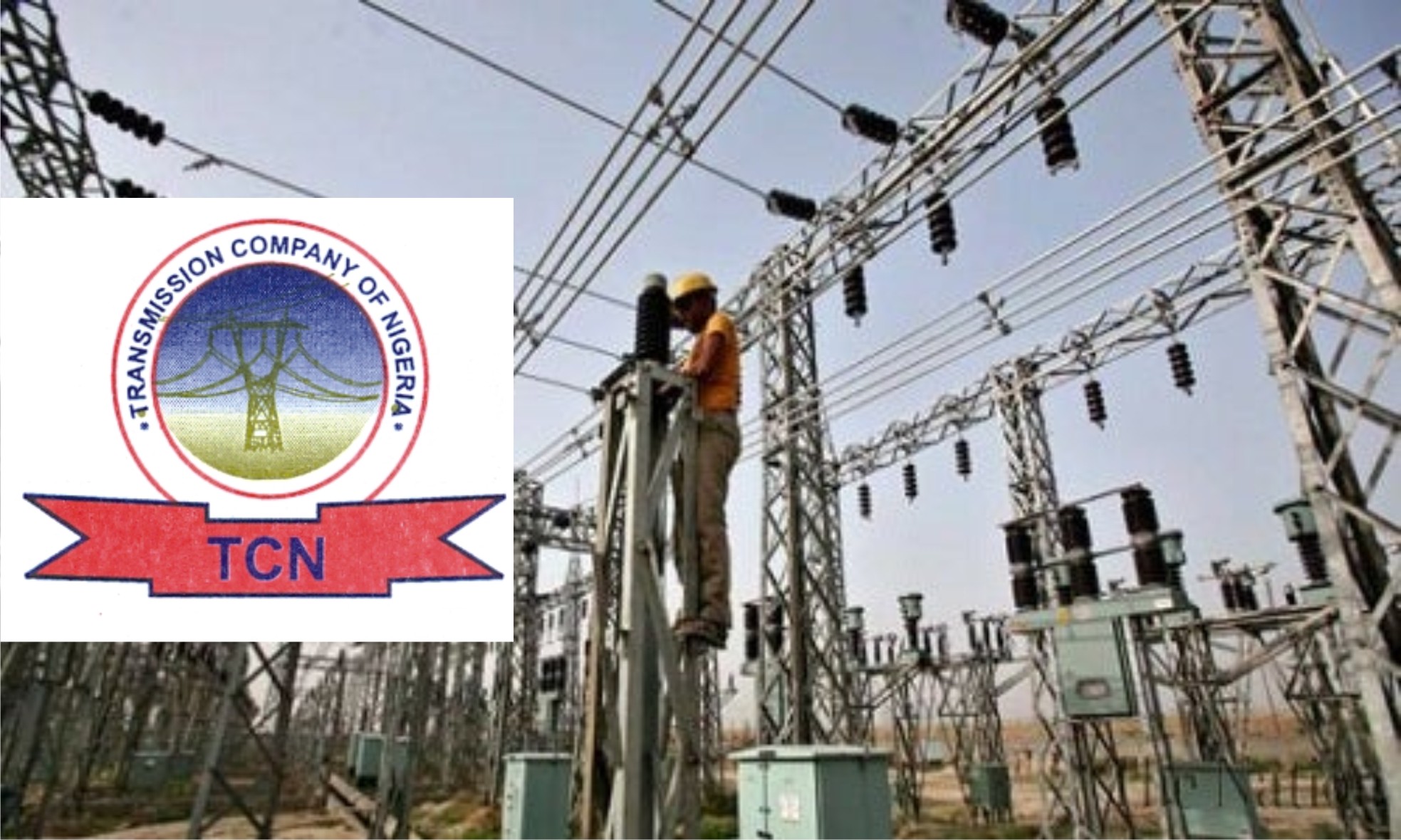Business
Enugu Assembly Gives EEDC Quit Notice
The Enugu State House of Assembly rose up from an emergency session, Friday, with an order to the Enugu Electricity Distribution Company (EEDC) to vacate the state, saying that an avalanche of unacceptable activities of the firm could no longer be tolerated.
A motion moved by the member representing Nsukka East State Constituency, Hon. Chinedu Nwamba, on behalf of 22 others, said electricity consumers had staged before the House series of protests over incessant power outages, outrageous billing and inhuman exploitative activities by EEDC and that the situation was frustrating socio-economic life of the people.
The lawmaker made three prayers, which The Tide gathered, were expanded into six by the general House. The prayers included call for a declaration of a state of emergency on EEDC with an order for the company to vacate the state forthwith, and that the Nigeria Electricity Regulatory Commission (NERC) should direct EEDC to stop billing consumers in the state pending the resolution of the identified problems.
The House also prayed that Enugu State should set up a technical committee to liaise with EEDC to validate the quality of New Meters presently being supplied to the public to ascertain if the setting is commensurate with the unit consumption, and that there was urgent need for the company to begin to do business in line with international best practices and stop bargaining with residents in the state more than what obtains in other parts of the country.
The House also charged consumers of electricity in Enugu State to stop paying for electricity bills they did not consume and went further by calling on other states in the South East Zone to similarly declare a state of emergency on EEDC.
The House, which was presided over by the Speaker, Edward Ubosi, constituted an adhoc committee to hold public hearing in the three senatorial zones of the state where EEDC, and NERC officials would be invited to explain why South East zone pays highest electricity tariff in the country even when supply ws epileptic.
in the series of protests to the House, consumers had called on the lawmakers to intervene on the issue, as a matter of urgency.
They demanded the exit of the electricity distribution firm, alleging that since its inception, it had continued to make life unbearable for the citizens of the state.
The protesters stressed that they decided to cry out because they could no longer cope with the challenges of outrageous billing, epileptic power supply and other inhuman activities of EEDC.
Business
CBN Unveils NTNIA, NRNOA Accounts For Diaspora Nigerians’ Investment

Business
Diesel Price Hike: Manufacturers Opt For Gas

Business
TCN Debunks Grid Collapse, Says Lines Tripped

-
Politics11 hours ago
Senate Working With FG To Serve Nigerians Over Tax Bills – Moro
-

 News9 hours ago
News9 hours agoNAFDAC Busts Fake Alcohol Factory In Lagos
-
Business12 hours ago
NCAA To Sanction More Airlines Over Passengers’ Complaints
-
Sports10 hours ago
CAFCC: Eguma Attributes Draw On Players Inexperience, Wastefulness
-
Niger Delta12 hours ago
Yenagoa Becoming Modern City Under Our Stewardship – Diri
-
News9 hours ago
Monarch Assures Government, Residents Of Continuous Peace In Woji
-
News15 hours ago
We Need Additional N20bn To Pay Families Of Deceased Military Personnel -Minister
-
Politics11 hours ago
Good Governance: Clark Urges NGF Suspension

